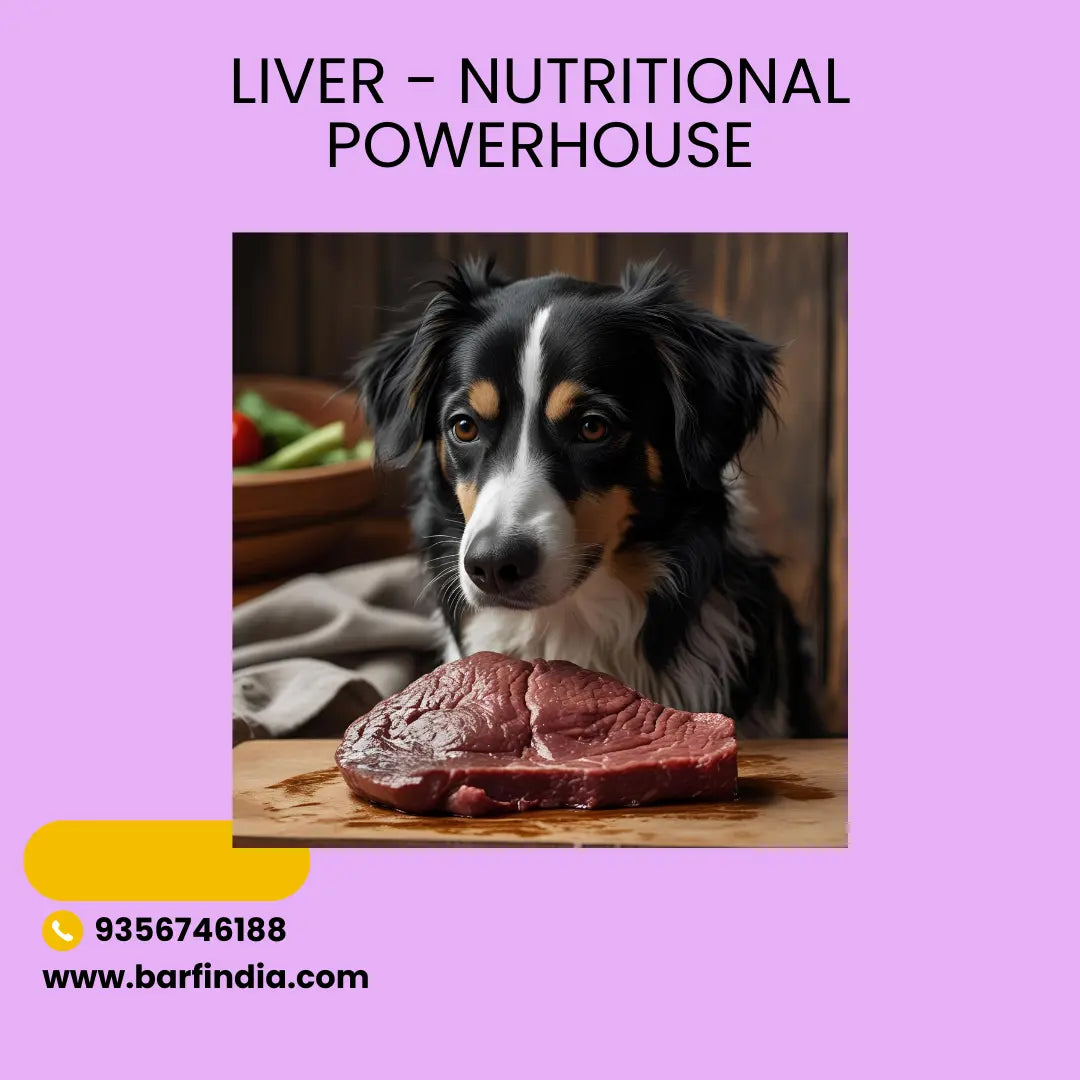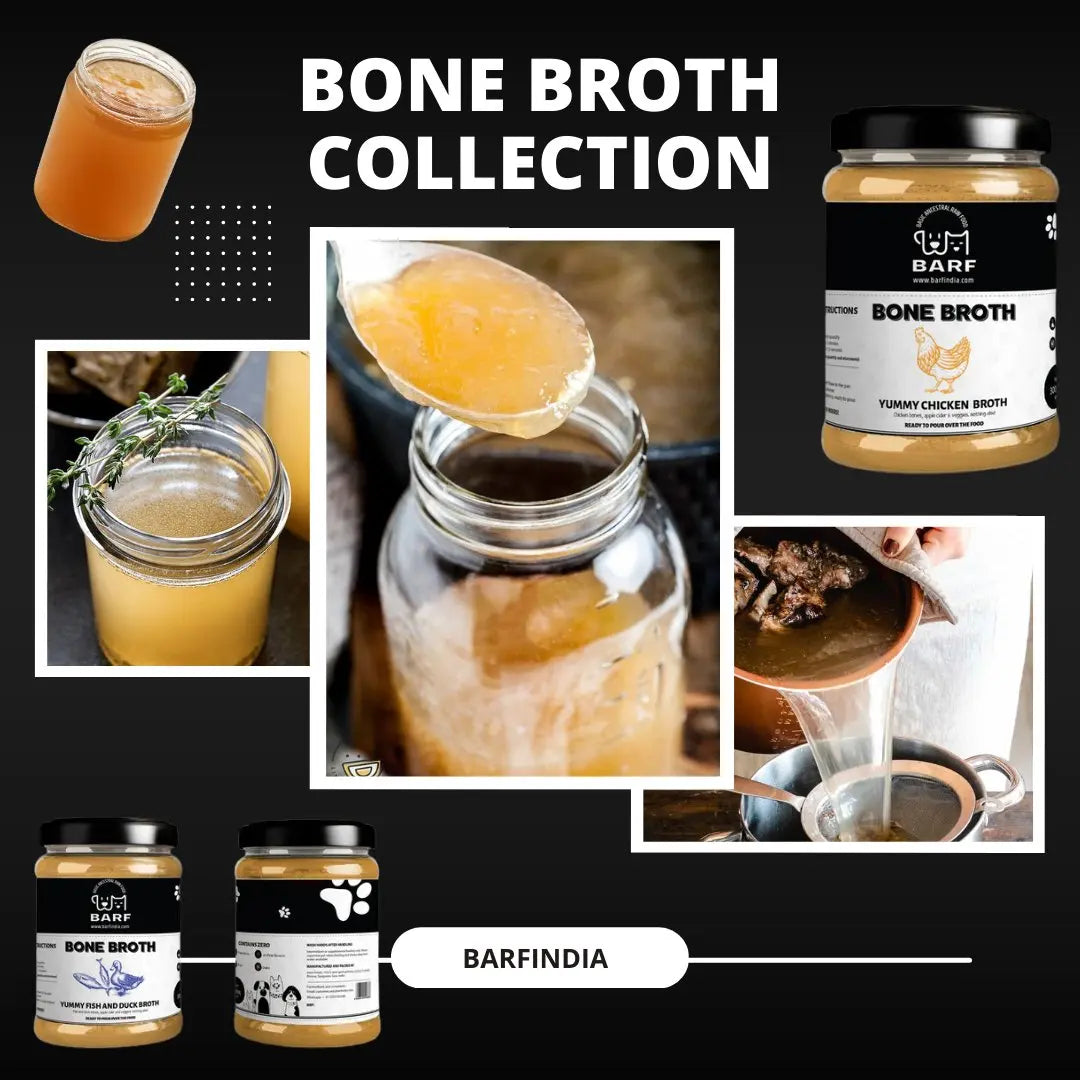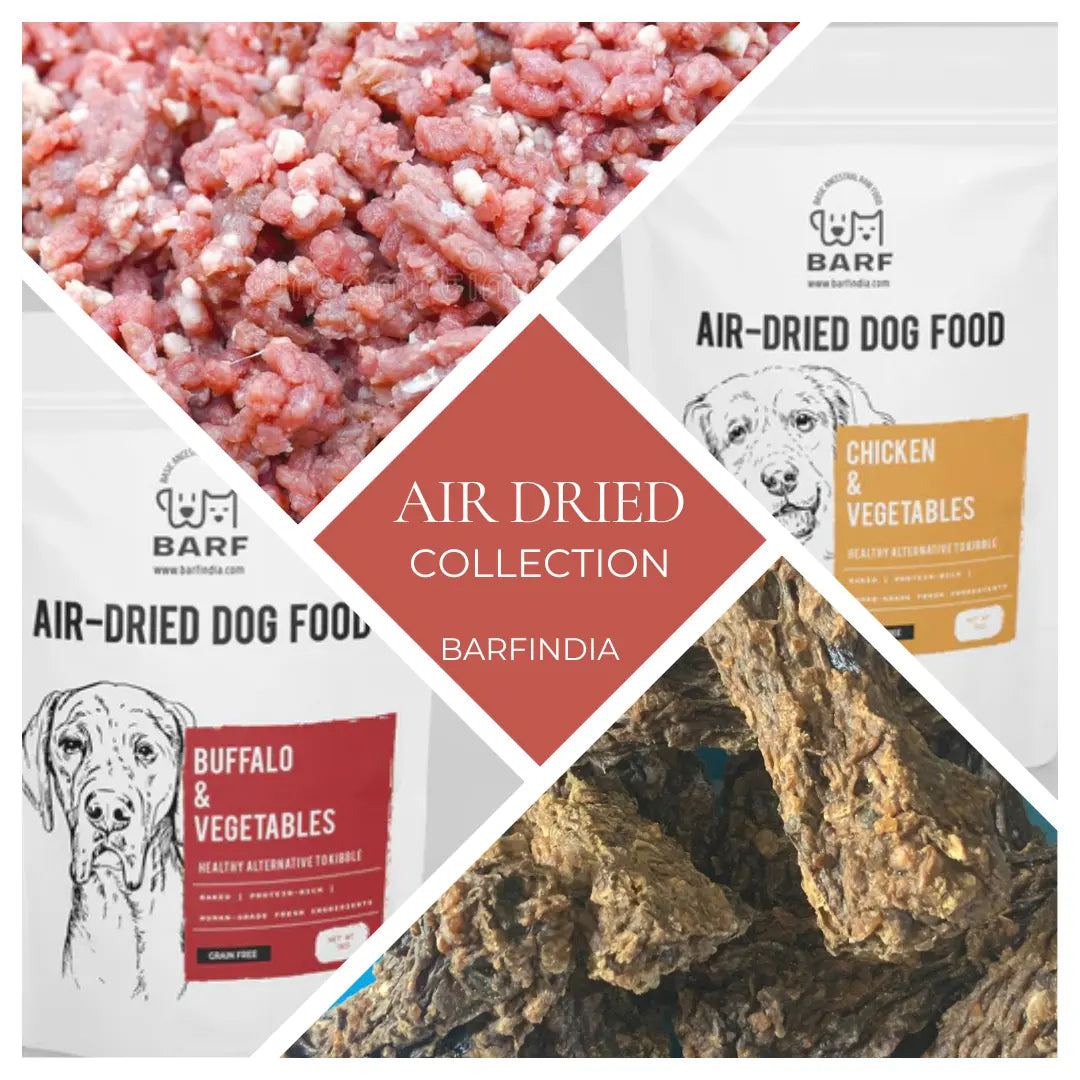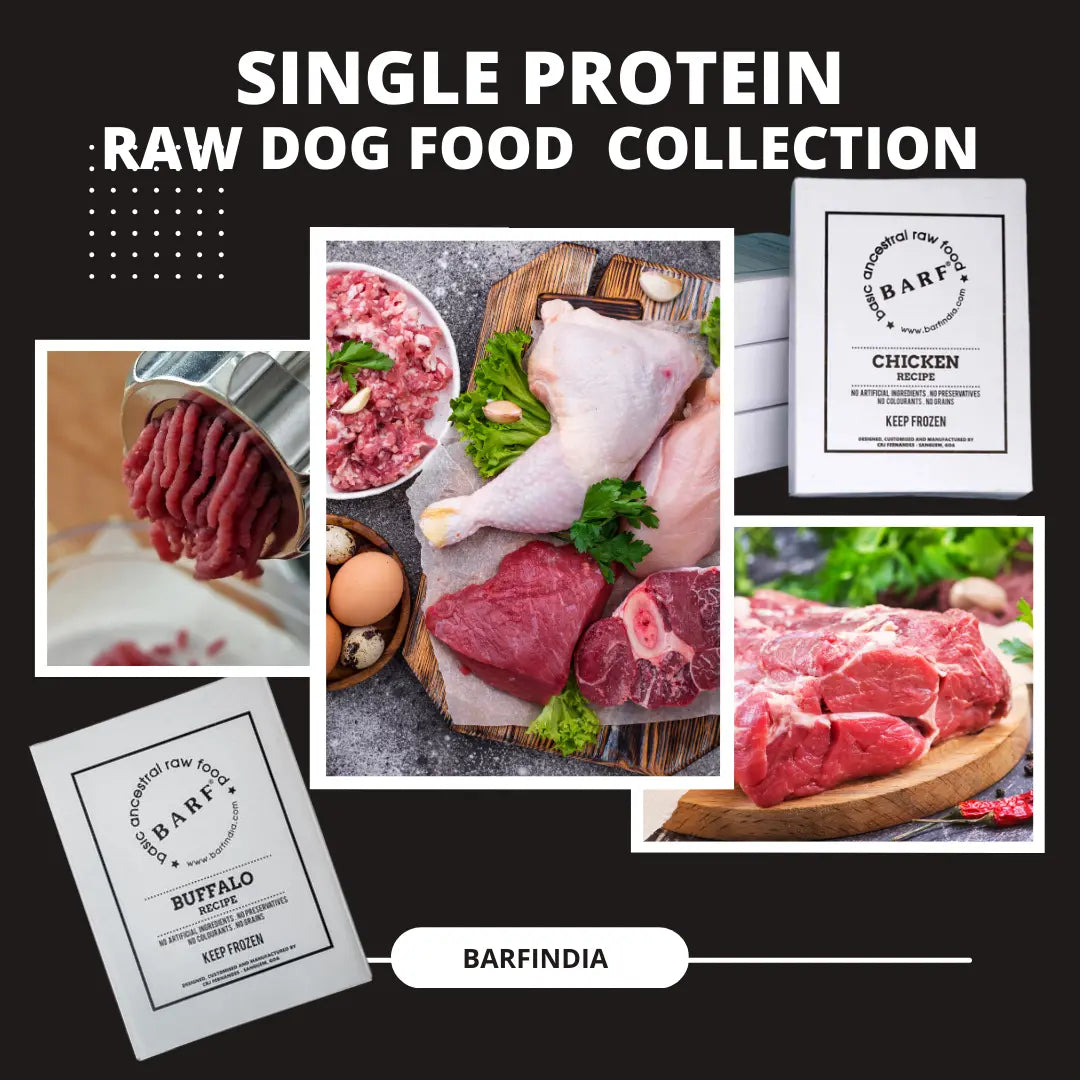
Importance of Organ Meat in a Species Appropriate Diet for dogs
B.A.R.F. India AdministratorOrgan Meat in a Species-Appropriate Diet for Dogs
Why Organ Meat Is Vital for Raw-Fed Dogs
Organ meat is a critical yet often overlooked component of a balanced, species-appropriate diet for dogs. As raw feeders, we have a responsibility—not just to feed our pets, but to nourish them in a way that mimics their natural ancestral diet. Feeding only meat and bones may seem sufficient, but it falls short of delivering the full spectrum of nutrients your dog truly needs. This is where organ meat steps in.
In the wild, canines consume their entire prey—meat, bones, organs, and even the stomach contents filled with partially digested vegetation. So, if you're committed to raw feeding, including organ meat is essential.
🧠 Understanding the Difference: Organ Meat vs. Offal
Let’s clear up a common confusion among raw feeders: the difference between organ meat and offal.
Offal is a broader term used to describe by-products of the butchering process, including viscera, trimmings, and other parts not typically categorized as prime cuts. According to the Merriam-Webster Dictionary, it includes parts like the belly, head, and internal trimmings.
Organ meats, on the other hand, refer to nutrient-dense internal organs that are vital to your dog’s health. These include:
-
Liver
-
Kidney
-
Spleen
-
Pancreas
-
Lungs
Muscle meats like heart, gizzards, and tongue are often confused as organs, but they are classified as muscle meat, not secreting organs.
🥩 Nutritional Benefits of Organ Meat
Organ meat is nature’s multivitamin for your dog. Here’s why:
-
Packed with Vitamins: A, D, E, K, B1, B2, B5, B6, B12, and folic acid.
-
Mineral Rich: Includes copper, iron, zinc, magnesium, iodine, and selenium.
-
Essential Fats: Contains omega-3 fatty acids, important for skin, coat, joints, and inflammation control.
🐕 Let’s Take a Closer Look at Specific Organ Meats:
Liver: The Superfood of Organ Meat
Liver is incredibly nutrient-dense and a must-have in your dog’s raw diet. It contains:
-
Vitamin A – Supports digestion, immunity, and reproductive health.
-
Folic Acid – Crucial for red blood cell production and preventing anemia.
-
Vitamin B12 – Supports mental health and nervous system function.
-
Iron – Aids in oxygen transport and immune strength.
-
Omega-3 & 6 – For skin health and anti-inflammatory benefits.
Feeding Tip: Keep liver to no more than 5% of your dog’s total diet to prevent loose stools or Vitamin A toxicity.
Heart: The Powerhouse Muscle
Though technically a muscle meat, the heart is nutrient-rich and beneficial when fed with organ meat. It contains:
-
Taurine – Essential for heart function, vision, and nervous system health.
-
Vitamin B Complex – Energy metabolism and cell health.
-
Iron, Zinc, Phosphorous – Muscle and immune support.
-
Selenium & CoQ10 – Critical for cellular function and used in cancer prevention, heart health, and inflammatory issues.
Kidney: The Detoxifier
The kidneys offer many of the same nutrients as liver but with added benefits:
-
Vitamins A, E, K, B12
-
Iron & Zinc
-
Essential fatty acids – Help maintain a shiny coat and support digestion.
☀️ The Vitamin D Factor
Many indoor dogs don't get enough sunlight. Organ meat is one of the richest natural sources of Vitamin D, which supports:
-
Bone strength
-
Immune regulation
-
Protection against cancer, autoimmune diseases, and infections
🦴 Organ Meat for Dogs with Joint or Skin Issues
Thanks to their high omega-3 content and anti-inflammatory properties, organ meats help dogs suffering from:
-
Osteoarthritis
-
Skin allergies
-
Fungal infections
-
Eye and retinal degeneration
⚠️ Things to Keep in Mind When Feeding Organ Meat
Here are some simple yet essential raw feeding tips to ensure you're doing it right:
1. Keep Organ Meat Raw
Cooking diminishes the nutritional value. Dogs in the wild eat raw—so should your pet.
2. Tailor Portions Based on Activity
-
Active dogs = more organ meat
-
Obese or low-activity dogs = less (due to cholesterol and calorie density)
3. Buy from Reputable Sources
Ensure that the butcher or vendor maintains high hygiene standards.
4. Handle Raw Organ Meat Safely
Read our blog on Handling Raw Dog Food for detailed safety instructions. Always wash hands and utensils after handling raw meat.
📌 Quick Recap: Feeding Organ Meat to Dogs
✅ Organ meat is essential in a raw diet
✅ Include a variety of organs (not just liver)
✅ Feed in moderation – 5% of the total diet
✅ Serve raw for maximum benefit
✅ Choose high-quality sources only
🐾 Final Thoughts
Adding organ meat to your dog’s raw diet can be transformative—from improved energy and immunity to shinier coats and better digestion. Just remember, balance is key. Rotate organs, introduce slowly, and watch how your dog thrives.
Have questions or want help customizing your dog’s raw diet?
Write to us—we’d love to hear from you and support your raw feeding journey!



